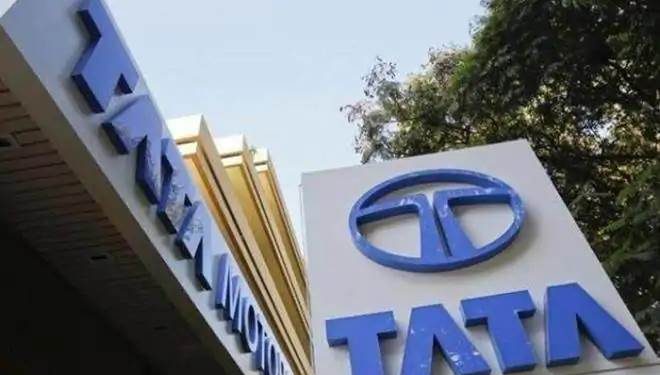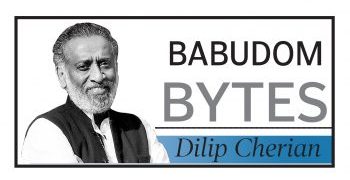New Delhi: Just a day after Union finance minister, Nirmala Sitharaman announced major sops to promote new- age electric vehicles (EVs), a top official of Tata Motors claimed that the company is committed to leading the transition towards EVs.
According to Tata Group chairman, N Chandrasekaran, Tata Motors looks forward to closely work with other group entities to create a viable environment for green vehicles.
In a message to the shareholders in the annual report of Tata Motor’s for the financial year 2018- 19, Chandrasekaran said that EVs are necessary for India. “Your company is committed to take the lead in this transition and work with other companies in the Tata ecosystem to help create a viable environment to drive adoption of electric vehicles,” he added.
At the same time Chandrasekaran cautioned that the transition has to be well- planned and stressed that the government and industry should work together to ensure that ecosystem is developed and incentives are provided. According to him, this synergy is absolutely necessary to stimulate demand and achieve goals by implementing emission norms across the value chain.
On Friday, Union finance minister, announced various measures in the budget to promote EVs, including Rs 1.5 lakh additional income tax deduction on loan taken to purchase such vehicles.
Elaborating on the overall challenges before the auto major going ahead, Chandrasekaran said the next few years are going to be decisive for Tata Motors. “We have to focus on strong operational excellence to deliver positive cashflows while making the right investments to be prepared for the future. The company needs to transform itself to be relevant in the world of future mobility,” he added.
Claiming that Tata Motors continue to be the industry leader in the commercial vehicle segment, Chandrasekaran said that the company needs to grow and secure sustainable cashflow from the business and ensure smooth transition to BS VI emission norms.
“The growth in the commercial vehicle market is likely to pick-up driven by increased infrastructure spending, growth of new-age industries like e-commerce and further progress in the hub and spoke model of distribution,” he added.







































